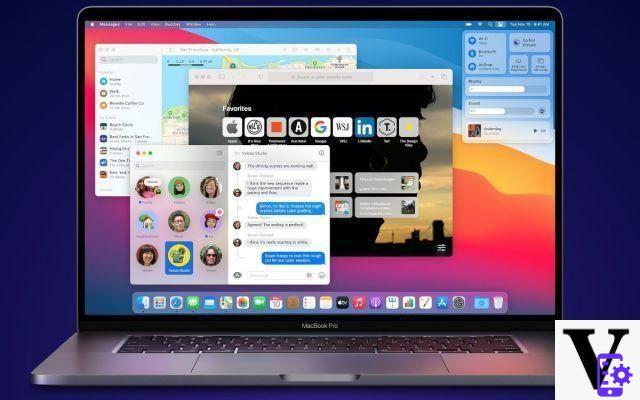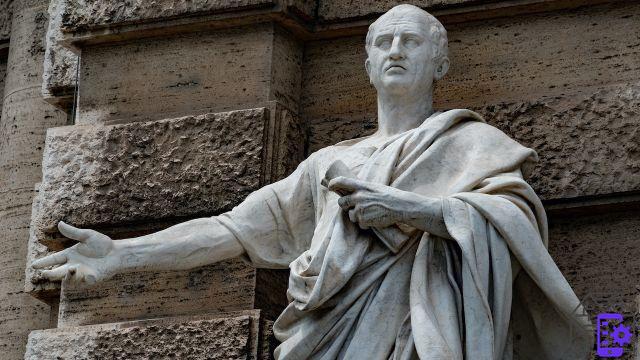
How have oratory and rhetoric changed from Cicero to social media?
Have they always been there? What are? And what is the difference between one and the other?
These are all more than legitimate questions, to which we add one (and it will be the first to answer). Why talk about oratory and rhetoric in a technology portal? Well: because technology, especially with social platforms, has had and is playing a fundamental role in changing not only social relationships, but also language. And with it, the art of persuading through the word.
But let's go in order: before discovering how oratory and rhetoric have changed, let's say what they are. And what difference is there between one and the other.
Oratory and rhetoric: differences
Let's start with rhetoric, which is - in short - the art of persuading through words. Oratory is, on the other hand, a more specific area, and we could say that it corresponds to the art of speaking in public.
Therefore, if a good rhetorician must know millimetrically how to persuade through language (with a skilful use, for example, of rhetorical figures), a good speaker must add a series of fundamental elements to persuade the public: the use of mimicry and voice, for example.

Aristotle and Cicero
It is intuitive that the attempt to persuade with the word, whether written or oral, has existed for as long as there is man, and as long as there is man it will exist.
There are significant and deeply rooted cultural differences that we all know. We Italians, to say, are known all over the world for our inclination to gesticulate while we speak.
The subject is vast, and we will necessarily proceed briefly.
It is in Greece that rhetoric is spoken of for the first time. And if Plato considers it only a skill, it is Aristotle who systematizes it first and makes it a subject of study. In Rhetoric, Aristotle divides the discourse into parts and indicates the style to be adopted to be persuasive.
Ma you have to make a leap from Greece to Rome, and from the fourth century BC to the first, to meet Cicero, the most illustrious rhetorician of the entire Roman world. His De oratore is still a treasure trove of very modern suggestions for those who want to write or declaim a speech.
After all, anyone, more or less unconsciously, when he has to narrate something cannot help but consider inventio (invention), dispositio (the arrangement of arguments), elocutio (language) and memory. To which the actio is added in public discourses, that is - we could say - the acting virtues, from the setting of the voice to the way of moving the body.
How oratory and rhetoric have changed. But have they changed?
Let's take two moments that many of our readers will remember or have seen in the movies.
Sanremo, 1958. Domenico Modugno bursts into the very ingrained musical event, singing In the blue painted blue (which everyone knows as Volare). And in his file he spreads his arms towards the sky with a sharp movement. A small but scandalous gesture, which breaks with the habit up to then scrupulously followed by all the singers: to perform the piece while remaining almost motionless.
Milan, 1993. Antonio Di Pietro interrogates Bettino Craxi. The blatant gestures of the PM become famous, who often casts his shoulders and pronounces the phrase that would become memorable: "What's right"?
And a thousand other examples would be able to find each of you readers.
What does this mean? Means that every skilled orator or rhetorician has, little by little, found his own style, his own way of persuading through a certain way of arranging the words. And to pronounce them, if it is a question of public speeches.
The speech is always the same, divided into the parts indicated by Cicero. Then each one - depending on his own inclination, culture, purpose of the speech and recipients - will model a more or less broad style, more or less rich in quotes, more or less moving, more or less ironic ...
So, all this to say that rhetoric and oratory will never change?
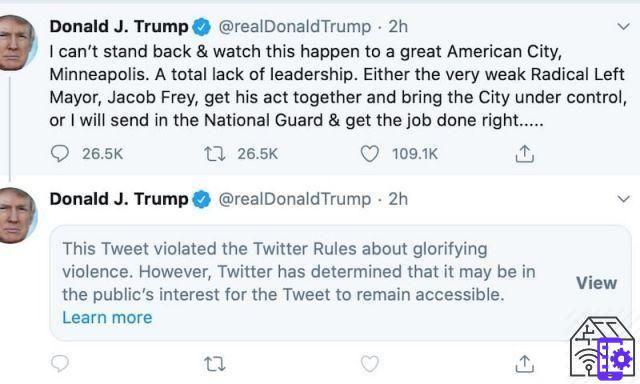
Oratory and rhetoric: how they have changed in recent years
Yes and no. It is undeniable that social aspects also affect language. Not very young readers, for example, will remember the famous speeches of Aldo Moro. Full of subordinates and mileage, today they would be unlistenable. Because?
Why society has sped up (and we give it to you as neutral information, without going into the age-old question was it better yesterday / it's better today). We are faster in moving around, in making decisions, and our days are much more fragmented (and neurotic). Traditional media - primarily TV - have gradually shifted attention from the level of the contents of the speeches to that of their packaging (do you remember the actio ciceroniana?).
Discount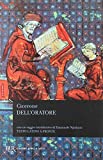 Of the speaker. Latin text on the front
Of the speaker. Latin text on the front
- Cicero, Marco Tullio (Author)
Social media
And it is true, undeniably true, that in recent years the new technologies have produced a cultural revolution unparalleled in history, in terms of speed and depth.
So how have oratory and rhetoric changed in the days of social media?
Well: as far as rhetoric is concerned, how many citizens have annoyed the phrase "Today politicians speak on Twitter"?
That's it. Persuasive communication has lost the taste for complexity in favor of the slogan. And it would not be bad in itself if complexity remained in the programs and actions that follow the slogans.
Even many of us, who spend an infinite time texting, have lost the ability to produce complex papers, rich in subordinate sentences and articulated concepts.
Are we demonizing WhatsApp, Telegram and the like? Not at all. These social networks are part of our daily life (and they simplify it not a little) to the point that it would be absurd to think of depriving ourselves of them.
We are not in great shape even as far as oratory is concerned. There are countless studies that show that one is no longer able to produce (but also to follow) a speech made up of sentences that exceed a certain length.
How to get out? Well: since this is the world we live in, and it's a world full of convenience, let's enjoy it.
To keep trained in argumentative complexity, fortunately, we have an extraordinary weapon at our disposal: reading the classics. In short: long live WhatsApp and long live Cicero.











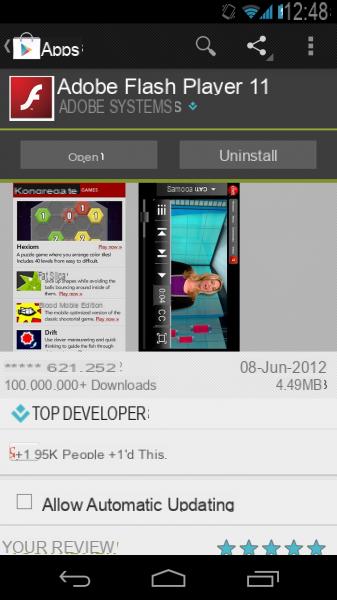


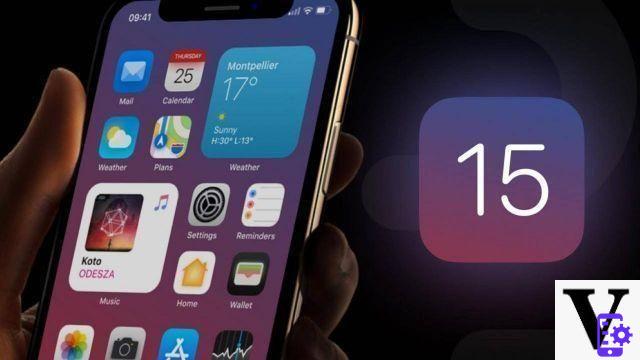





![[Review] Samsung Powerbot VR7000: the robot vacuum cleaner from Star Wars](/images/posts/6bc44de38605b5c0fa12661febb1f8af-0.jpg)



